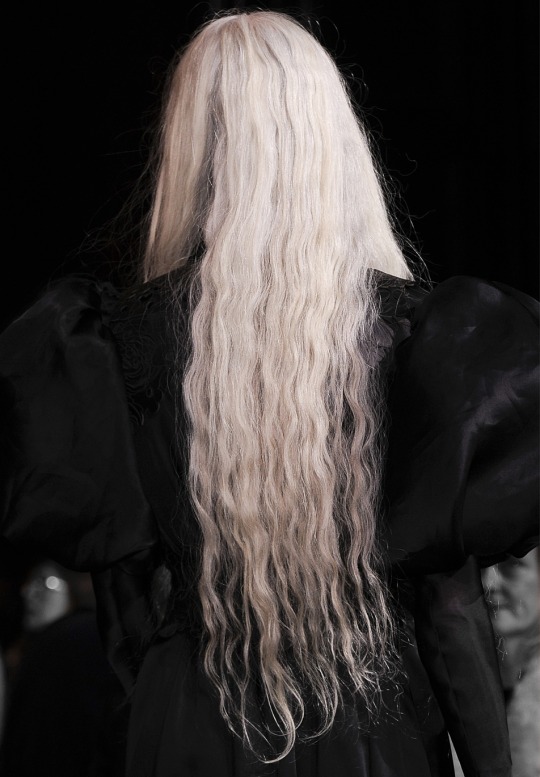"But even in my life I saw the leaching of spirit. A surfeit of honey cloys the tongue; a surfeit of wine addles the brain; so a surfeit of ease guts a man of strength. Light, warmth, food, water, were free to all men, and gained by a minimum of effort. So the people of Ampridatvir, released from toil, gave increasing attention to faddishness, perversity, and the occult."
Last active 60 minutes ago
Don't wanna be here? Send us removal request.
Text






𝔯𝔞𝔦𝔫𝔶 𝔴𝔢𝔞𝔱𝔥𝔢𝔯 𝔰𝔱𝔲𝔡𝔶
8K notes
·
View notes
Text






352 notes
·
View notes
Text

Jade brush washer in the form of a lotus leaf with chi dragons, China, 11th-12th century
from The Metropolitan Museum of Art
393 notes
·
View notes
Text




WARDROBE ∞ APPRECIATION Katherine Pierce ♡ (3.03)
325 notes
·
View notes
Text

'flower study, rose of sharon,' adolphe braun, c. 1854.
223 notes
·
View notes
Photo
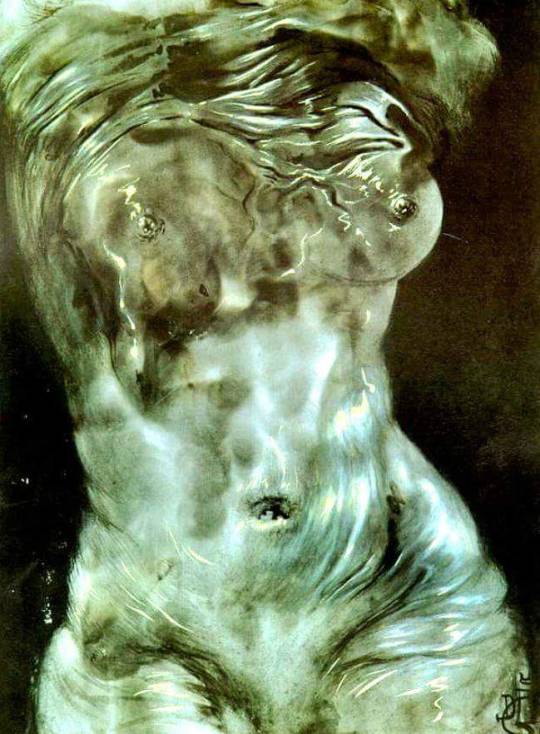
This work, not widely known, is called “Sfumato,” painted in 1972. Dali developed a new technique here, where he embellished the image after first taking paper and scorching and smoking it with a candle
24K notes
·
View notes
Text
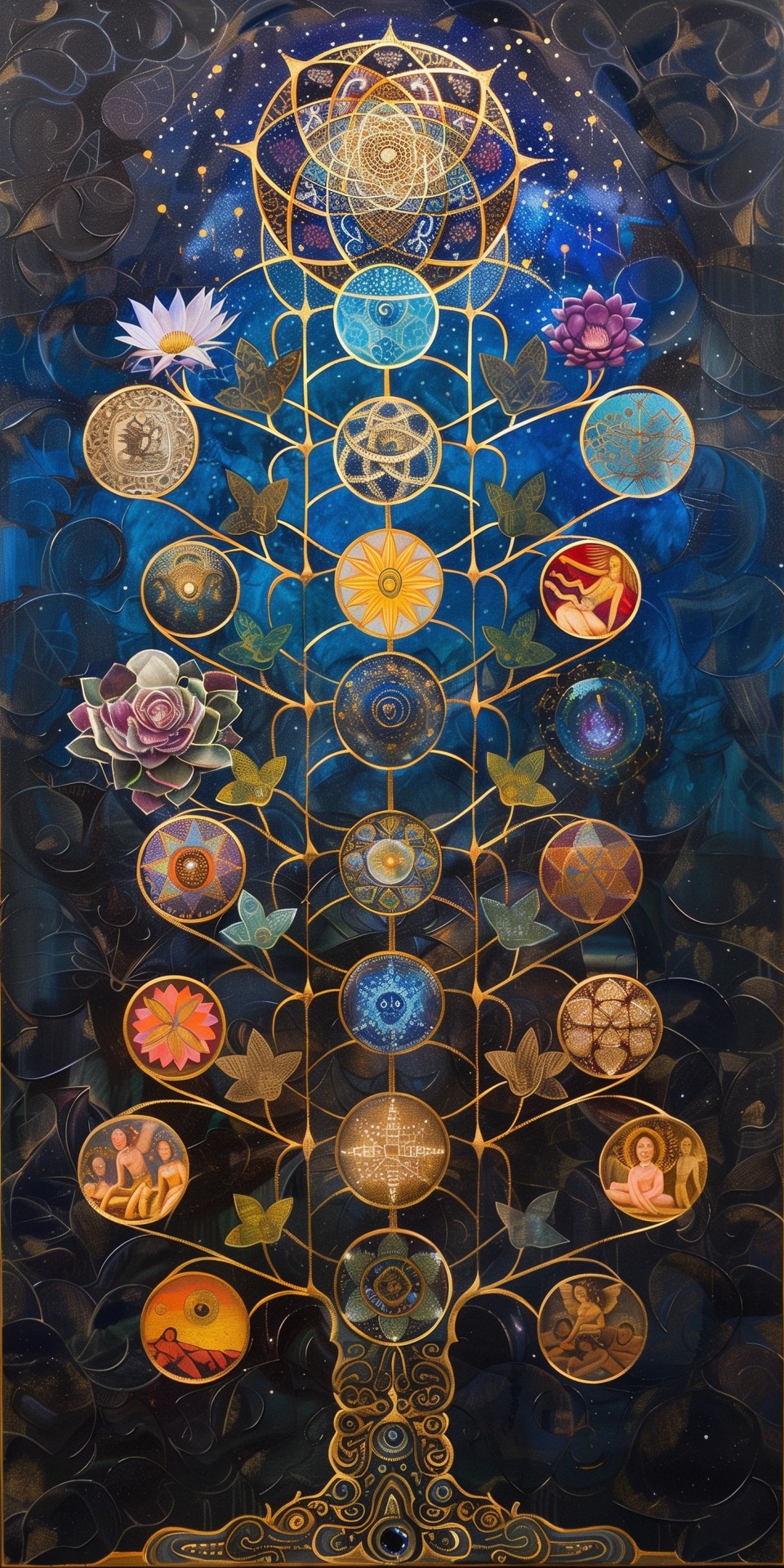
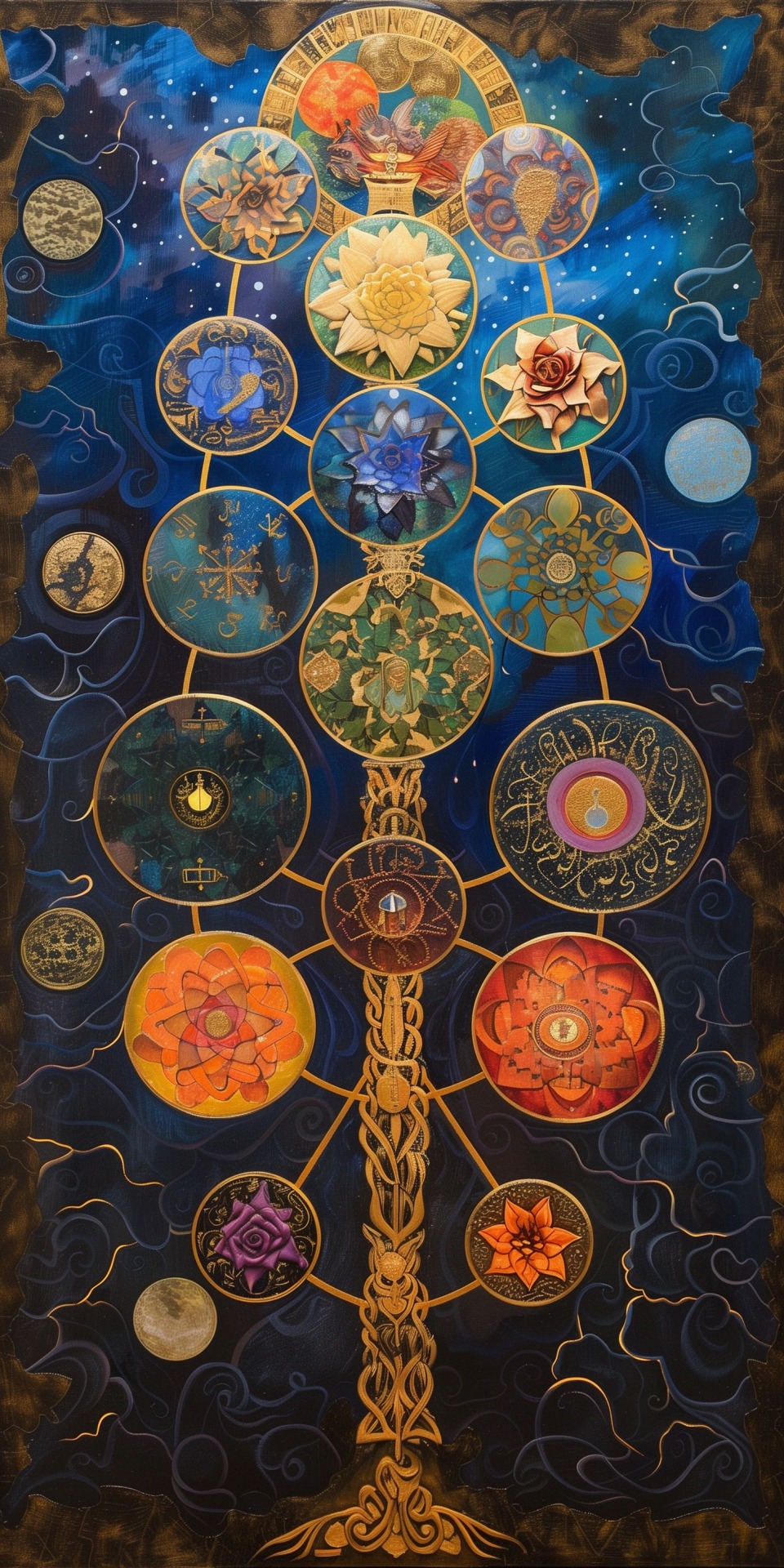
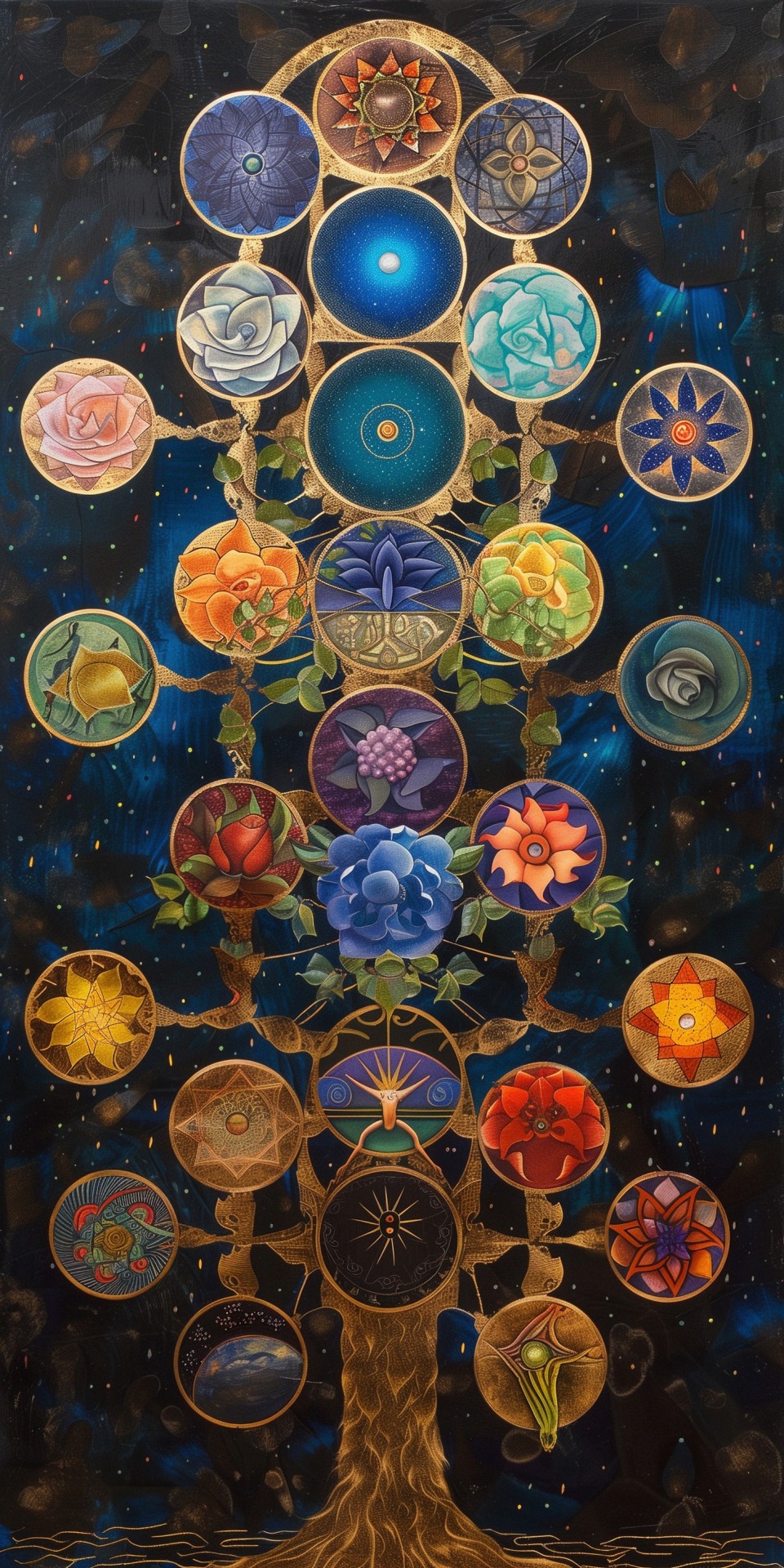
“All things ephemeral are seen as symbols; insufficiency becomes meaningful event; The indescribable is accomplished; The Eternal Feminine draws us upward.” - Goethe, Faust Jacob’s Ladder—Tree of Life Talon Abraxas
The Tree of Life (Kabbalah ) is derived from the Flower of Life. In Hebrew, it is a mystical symbol within the Kabbalah of esoteric Judaism used to describe the path to God. It is an arrangement of ten interconnected spheres (called sephiroth, meaning ‘spheres’), which represent the central organizational system of the Jewish Kabbalistic tradition or ‘cosmology’ of the Kabbalah.
The Tree of life is considered to be a map of the universe and the psyche, the order of the creation of the cosmos, and a path to spiritual illumination.
The ten spheres represent the ten archetypal numbers of the Pythagorian system. There are said to be 32 paths on the Tree of Life. The first 10 are the Sefiroth (not including Daat). The remaining 22 correspond to the lines or channels of energy that join the Sefiroth together. Each of these, in turn, corresponds to one of the 22 letters of the Hebrew alphabet.
The Crown (‘Kether’ in Hebrew): the Creator Himself.
Wisdom (‘Chokhmah’): Divine reality/revelation; the power of Wisdom.
Understanding (‘Binah’): repentance/reason; the power of Love.
Mercy (‘Chesed’): grace/intention to emulate God; the power of vision.
Strength (‘Gevurah’): judgment/determination; the power of Intention.
Beauty (‘Tiferet’): symmetry/compassion; the power of Creativity.
Victory (‘Netzach’): contemplation/initiative/persistence; the power of the Eternal Now.
Splendour (‘Hod’): surrender/sincerity/steadfastness; the power of Observation.
Yesod (‘Foundation’): remembering/knowing; the power of Manifesting.
Kingdom (‘Malkuth’): physical presence/vision and illusion; the power of Healing.
Kabbalistic tree of life
The Kabbalistic tree of life has evolved over time. Its basic design is based on descriptions given in the Sefer Yetsirah, or Book of Creation, and expanded upon in the enourmous Kabbalistic text Zohar, the book of Splendour. The ten sephira, similar to the Norse tree of life, are divided into four realms:
Atziluth: the realm of the supernal, beyond which is the ain, or no-thing.
Beriah: the creative world, of archetypes and ideals.
Yetsirah: the world of formation.
Assiah: manifest creation, the material world.
Tree of Life does not only speak of the origins of the physical universe out of the unimaginable, but also of man’s place in the universe. Since man is invested with Mind, consciousness in the Kabbalah is thought of as the fruit of the physical world, through whom the original infinite energy can experience and express itself as a finite entity. After the energy of creation has condensed into matter it is thought to reverse its course back up the Tree until it is once again united with its true nature.
Thus the Kabbalist seeks to know himself and the universe as an expression of God, and to make the journey of Return by stages charted by the Sephiroth, until he has come to the realization he sought.
59 notes
·
View notes
Text

Jane Austen’s “Pride and Prejudice” was originally published #OnThisDay in 1913.
46 notes
·
View notes
Text
fitness post: who else finds large pecs on men repulsive?
0 notes
Text



• Dress.
Date: 1910's
Place of origin: United States
Medium: Silk satin, sillk velvet, lace
1K notes
·
View notes
Photo
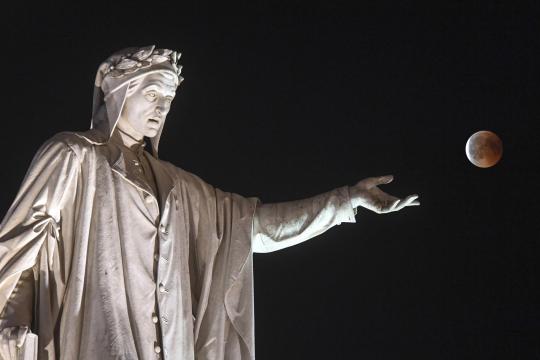
Dante statue and the blood moon, Naples 27.07.18
38K notes
·
View notes



